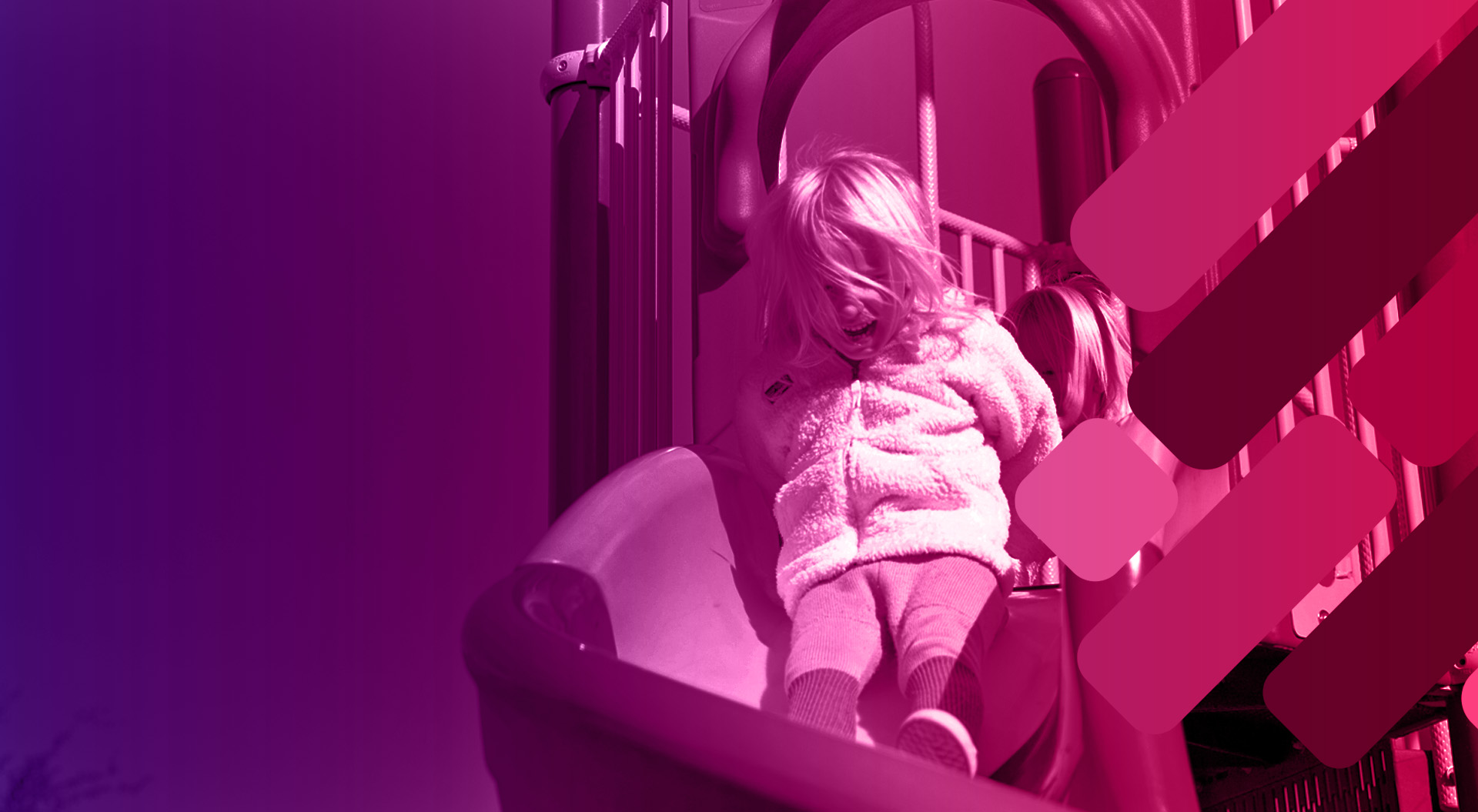

Community Facilities:
Small Grants
The Small Grants category allows cities and counties to propose any CDBG-eligible facility project without needing to fit within specific subcategories. The local match for small grants has been decreased to 10% to improve accessibility for smaller or lower-income communities.
FINANCIACIÓN
$50,000 – 210,000
MATCH
10%
of the CDBG grant request
Calificar
COMPRUEBE SI SU COMUNIDAD CUMPLE LOS REQUISITOS
Check qualifications, programs, and more
Propósito
En Community Facilities: Small Grants Program offers cities and counties the flexibility to propose any CDBG-eligible facility project, with a focus on smaller-scale improvements that make a meaningful and lasting impact. With a 10% local match and a $231,000 project cap, the program supports cost-effective upgrades such as facility modernization, ADA improvements, public safety features, and park enhancements that help foster community engagement, accessibility, and vibrancy.
Proyectos subvencionables
A total of $10.7 million has been designated for Community Facilities Grants (both Large and Small) in 2025. This grant program funds projects to increase community engagement, health, connectedness and vibrancy in communities. Eligible expenses include:
CDBG National Objective
All CDBG projects must meet a national objective and involve an eligible activity under the Housing and Community Development Act of 1974. National objectives are 1) benefiting Low- and Moderate-Income persons (LMI), 2) aid in the prevention or elimination of slums and blight, and 3) meet a need having a particular urgency (urgent need).
All activities proposed in applications for the Community Facilities: Small Grants Program must meet the national objective of benefiting low- and moderate-income persons with a minimum of 51 percent LMI beneficiaries. This can be accomplished either by using HUD census data or by completing an income-based survey. Applicants must receive CDBG approval before starting a survey and follow the approved income-based survey methodology.
Criterios de selección
Grant applications are evaluated for funding based on project need, readiness, impact, sustainability, and matching funds source and availability. Download the 2025 Community Facilities: Small Grants Guidelines for more information on program requirements. Key considerations include:
Fondos de contrapartida
Local funding is required for all CDBG projects, and no project can be funded entirely by grants. Matching funds can originate from private or public sources, but the application must document that these funds are firmly committed (e.g., a letter of commitment from a bank or other funding source). Examples of matching funds include bank loans, industrial revenue bonds, owners’ equity, contributions from local governments, or grants and loans from economic development entities.
Applicants are allowed to match CDBG funds with other grant funds if that funding is secured in a city/county account by the time the contract is signed. At least 10% of the matching funds must be cash from a local source (i.e., owner funds, city/county cash). Any expenses incurred prior to the grant award are ineligible for reimbursement with CDBG funds. This includes grant writing, engineering, and architecture.
Pre-Application
Applicants must submit a pre-application to confirm eligibility before applying for CDBG funding. This process allows us to provide early feedback and address any eligibility concerns before applicants complete the full application, and ensures projects align with program goals and are prepared for funding. The form requires a brief project description, estimated budget, eligibility status, and readiness to proceed.
Commerce will review submissions within ten days and provide further instructions. Only those with an approved pre-application may submit a full application, but pre-approval does not ensure grant funding. If you are new to the CDBG program, please reach out to us to schedule an initial discussion first. The deadline to submit a pre-application is Oct. 14, 2025.
Communities may apply for multiple CDBG categories but can only be awarded up to two projects total, with no more than one from a major category. Major categories include: Community Facilities: Large/Small, Blueprint to Build, Water and Sewer Infrastructure, and Regional Water Implementation. For example, a city can submit applications for a Housing Rehabilitation and a Community Facilities: Large Grants project. However, a city cannot apply for both a Large and Small Community Facilities project.
The local government must hold two public hearings to demonstrate that reasonable efforts have been undertaken to ensure involvement of citizens or citizen organizations throughout all stages of the program. A notice about the hearing must be published in a local newspaper with the widest circulation, and it must appear at least 5 full days before the hearing—not counting the day it’s published or the day of the hearing itself. These hearings must be held at a time and location convenient to potential or actual beneficiaries, with accommodations for non-English speaking residents and persons with disabilities. A sample public hearing notice is included in program guidelines.
First Public Hearing: Must be held at least 15 days before the CDBG application is submitted, and no earlier than 120 days. The purpose of the hearing is to inform citizens about the proposed project, including its location, total cost, activities, and beneficiaries. Community members must be given a chance to suggest other project ideas and share their input, and the local governing body should carefully consider this feedback before submitting the application. The total project funding and CDBG amount requested must match what appears in the public hearing notice.
Second Public Hearing: Must be held at the conclusion of the project, prior to close out to inform citizens of the project’s successful or unsuccessful completion, and to obtain input on the grantee’s performance.
Yes, all CDBG-funded projects are federally required to have an environmental review. The Environmental Determination of Level of Review form must be submitted with the application. This will inform Commerce as to what level of environmental review you will undertake for your project if awarded.
Post-award, the city or county must conduct a full environmental review of the project, even for small projects that don’t require construction. This responsibility cannot be delegated and the cost to conduct the review must be paid with local funds. Project activities may not begin until after Commerce issues the environmental release of project funds.
Sí, las actualizaciones y renovaciones de las instalaciones son elementos subvencionables.
El concesionario debe seguir la Ley Uniforme de Reubicación (URA). Si CDBG está pagando por el edificio o se contará para el partido, no firme una escritura, sólo necesita una opción de compra.
Mapa del escaparate comunitario
Vea otras comunidades que han recibido financiación en años anteriores
Calificar
LMI ayuda El programa Community Development Block Grant (CDBG) exige que cada actividad financiada por el CDBG beneficie principalmente a personas con ingresos bajos o moderados (LMI), contribuya a la prevención o eliminación de barrios marginales o deteriorados, o satisfaga una necesidad de desarrollo comunitario que revista especial urgencia.
| Personas en Familia |
Límite de ingresos familiares LMI*. |
|---|---|
| 1 | |
| 2 | |
| 3 | |
| 4 | |
| 5 | |
| 6 | |
| 7 | |
| 8 |
LMI calculations are from the 2020 Census and LMI by household are from 2025 HUD Section 8. Final LMI will be confirmed upon application review.
Buscar asistencia
La asistencia de un profesional con experiencia en subvenciones CDBG puede ayudarle a agilizar y reforzar su solicitud. Una parte o la totalidad de los costes de contratación de la ayuda pueden correr a cargo de su indemnización.
Encuentre profesionales en su zona